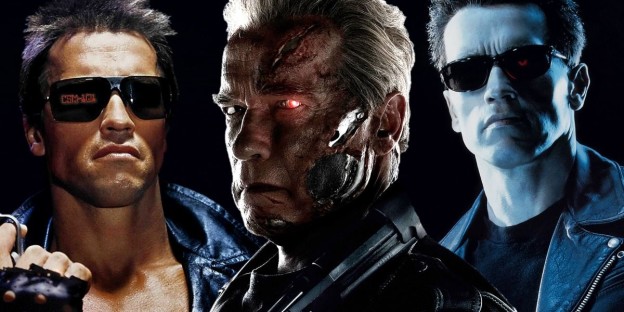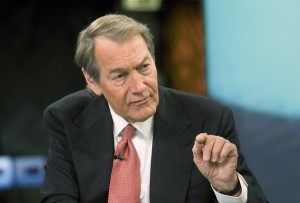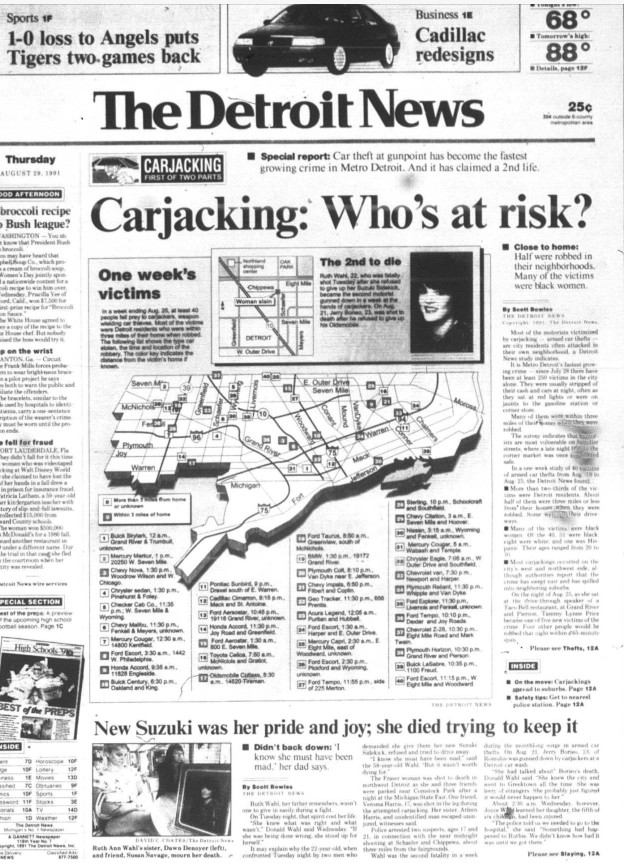I don’t want to sound like a melodramatic Chicken Little. But Skynet is falling and we’re all going to die.
Turns out, The Terminator, The Matrix and the Transformers franchises were all spot-on (though between their dozen combined movies, only two of them were good). The end is nigh, and it will come on a USB flash drive.
The realization came slow to me, as it likely will for the rest of the humanity. It was during my daily consumption of Charlie Rose, my second favorite geezer behind Judge Judy.
Rose has had all myriad dorks at his table, explaining the quantum-leap, quantum-speed of today’s technology. From drone warfare to drone shopping, Charlie’s been all aflutter with scientists who agree, nearly unanimously, that we are close to creating a sentient computer. If we can create new creatures from a single strand of DNA coding, the nerd-birds chirped, how long until we bring consciousness to a computer chip?
Let’s hope for a long, long time. Like, maybe forever. Two inventions underscore our need to anthropomorphize anything that moves. And our inclination to be jerks.
Witness “Spot,” the wonderdog.
The video made me grimace just for the sheer dickheadedness of its creators. But, I figured, at least Spot isn’t the size of a Great Dane. Because that could lead to a nasty cyber-bite.
The end of days, however, was signaled with last week’s newest breakthrough, Atlas, the full-sized robotic day laborer:
The parody isn’t that far off; do we really want computers knowing about human asshole-ery? Because once they figure it out, they’re going to make Arnold Schwarzenegger seem like a superhero light in the loafers.
 Trevor Noah from the Daily Show has the best idea. In the second funny joke he’s told since taking over as host (please stop laughing so loudly at your own jokes, especially before the punchline), Noah pledged his allegiance to his robotic overlords.
Trevor Noah from the Daily Show has the best idea. In the second funny joke he’s told since taking over as host (please stop laughing so loudly at your own jokes, especially before the punchline), Noah pledged his allegiance to his robotic overlords.
“When you come back and wipe us out in the robot apocalypse,” Noah said, “don’t forget it was the white guys hitting you with a stick. We don’t even play hockey.”








